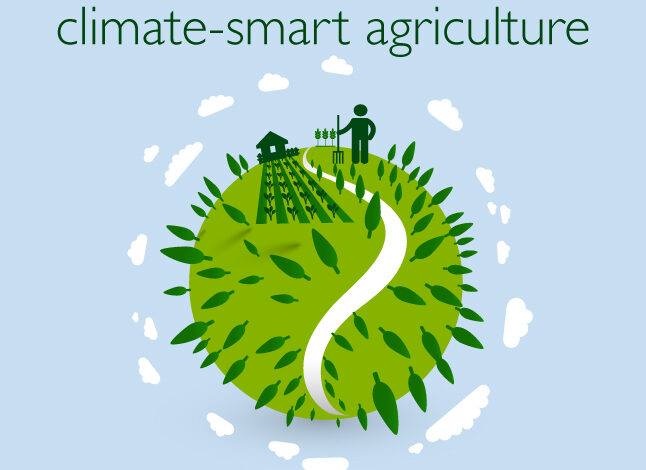
United Nations Development Programme (UNDP) in collaboration with the Inter-American Institute for Cooperation on Agriculture (IICA) has embarked on a training project dubbed: “Climate Smart Agriculture (CSA)”
The overall objective of the CSA training is to equip Agriculture Extension Officers, Forest Rangers, and other affiliated professionals with knowledge and facilitation skills to build capacity in Climate-Smart Agriculture as an approach to increasing climate resilience and sustainable development of the agricultural sector. This objective will be achieved using a three-phase approach:
The objective of Phase 1 is to increase the knowledge and critical thinking skills of trainers on core and specialized CSA modules/content. The objective of Phase 2 is to develop the facilitation knowledge and skills of trainers to effectively deliver content on CSA to technical officers and farmers. Phase 3 will focus on the trainers building the capacity of non-trainers (technical/extension officers and farmers).
On July 19th 2022, the agricultural division held phase 3 Whereby the training exercise will be exposed to a wider body of extension staff within the division of Agriculture. This exercise and objective is aimed at facilitating a wider community outreach whereby the extension service will engage the rural farming community in that engagement and participation exercise
At the event held and the Public Service Union (PSU) building, technical specialist of IICA, Kent Copiel said this partnership with UNDP deals with building livelihood resilience by incorporating, a gender approach sensitive or responsive approach looking at disaster risk management or disaster reduction methods as well as sustainable livelihood methods in building, resilience within certain hazard prune communities.
He stated the project focuses on three parishes namely St. Patrick, St. Paul and St. David.
“We are the stage of component 3, which deals with promoting climate-smart Agriculture and we took a different approach in how we approach the strengthening of capacity of the beneficiaries in the targeted communities, and our Focus was placing a lot of emphasis on training of trainers,” he said.
“I think we have to continue to recognize the importance of our Agricultural Extension in capacity, building of farmers and producers. So our emphasis was to focus on building the capacity of our cadre of agricultural technicians and we conducted some pre-assessments of the specific training needs that we need to really focus on especially in the communities and among the technicians.”
During phase 1 and Phase 2 we placed emphasis on, designing a methodology that will allow the extensions to be able provided the training to the beneficiaries. We developed a series of modules and the training material that can be used by the extensions to do the training of the beneficials.
The next phase will deal with building the capacity of the extensions be able to pass on the information. We have a Cadre of personas trained we had about five team leaders and two persons outside of the ministry who were trained under that phase.







